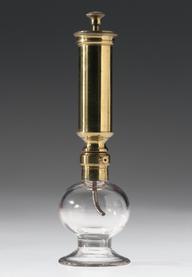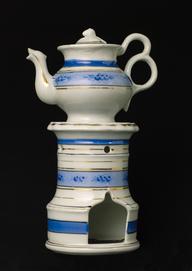Maintenance log for sewing machines from the Hampstead Gown Factory
Maintenance logs for sewing machines dated 11/06/2020 from the Hampstead Gown Factory, a Royal Free Charity volunteer project to produce surgical gowns for key workers during the COVID-19 pandemic, London, 2020
During the first wave of the COVID-19 pandemic, Personal Protective Equipment (PPE) was the only way for healthcare workers to protect themselves. A shortage of PPE dominated the first UK lockdown, with many key workers having to adapt existing materials or rely on volunteer pools.
One such pool was set up by the Royal Free Charity to provide surgical gowns for the Royal Free and Barnet hospitals. The self-titled Hampstead Gown Factory, based at Wac Arts in Hampstead, began making gowns from surgical drapes in April 2020.
Each morning and afternoon shift had 60 volunteers. Everyone had a set task such as sewing shoulder seams, cutting, checking, filling bobbins, quality control and packing. At peak productivity, 800 surgical gowns were made every day. Volunteers were regularly tested for COVID-19, completed a health check questionnaire and had their temperature checked on arrival, as well as observing social distancing.
Overall, 614 volunteers made 50,000 surgical gowns at the HGF. Surgical gowns cannot be made at home as they need to be produced in as sterile an environment as possible.
For many of the Hampstead Gown Factory volunteers, the project offered personal benefits too. It provided a focus during the first lockdown, was a chance to use existing skills and learn new ones, and to become part of a community not mediated by screens.
- Measurements:
-
overall: 210 mm x 297 mm
- Materials:
- paper
- Object Number:
- 2021-445/1
- type:
- chart - graphic document












